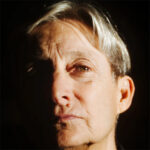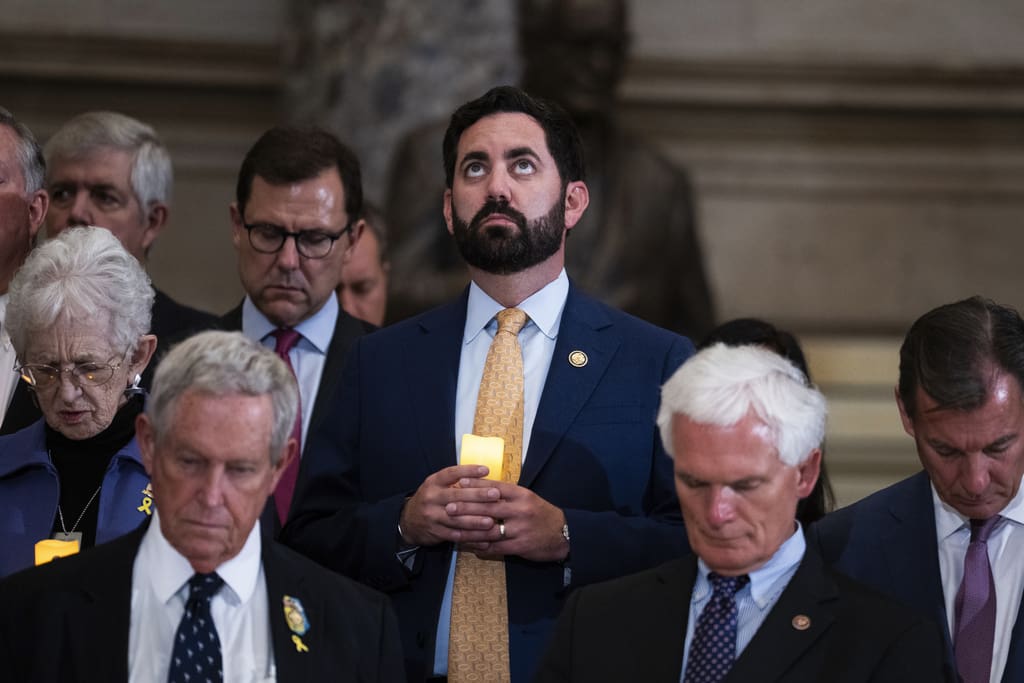Judith Butler, renowned philosopher and gender studies scholar, is set to present at the Faculty Senate’s 34th annual Davis, Markert, Nickerson Lecture on Academic and Intellectual Freedom. This significant event will occur from 4-5:30 p.m. on Nov. 14 at Honigman Auditorium, located in the Law School’s Hutchins Hall. Attendance is free but requires registration, and a livestream will be available for remote viewers.

Butler’s lecture, titled “Academic Freedom in a Time of Destruction: Reconsidering Extra-Mural Speech,” will delve into the complexities of defining intramural and extramural distinctions. Key questions Butler intends to explore include whether universities should facilitate public debate, the neutrality of classrooms on public concerns, and whether academic freedom extends beyond faculty to encompass students and staff in open campus discussions. Butler will also examine what academic freedom assumes about the lasting nature of universities.
Judith Butler holds the position of Distinguished Professor in the Graduate School in the Department of Comparative Literature and the Program of Critical Theory at the University of California, Berkeley. Butler also founded the Critical Theory Program and the International Consortium of Critical Theory Programs at UC Berkeley, backed by the Andrew Mellon Foundation. Butler earned a Ph.D. in philosophy from Yale University in 1984.
Named after former U-M faculty Chandler Davis, Clement Markert, and Mark Nickerson, the annual lecture honors their legacy. These faculty members were called to testify in 1954 before the U.S. House Committee on Un-American Activities, where they exercised their constitutional rights and refused to disclose their political affiliations. Consequently, they were suspended, with only Markert being reinstated and earning tenure, while Davis and Nickerson faced dismissal. Years later, despite the Board of Regents’ refusal to apologize, the U-M faculty’s Senate Assembly passed a resolution in 1990, acknowledging the university’s failure to uphold intellectual freedom and establishing this annual lecture series in their honor.
—
Read More Michigan News










